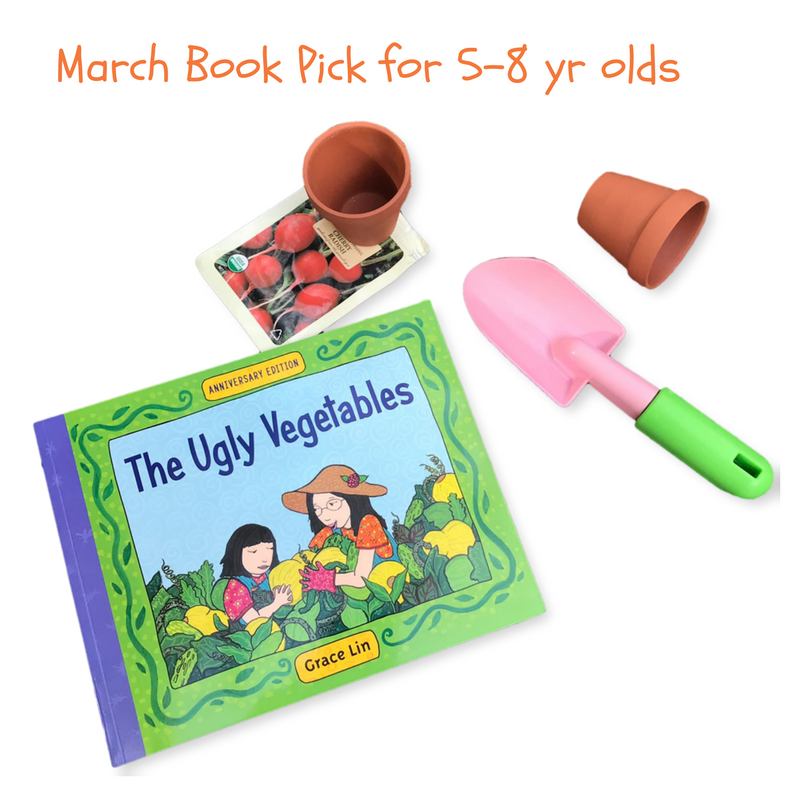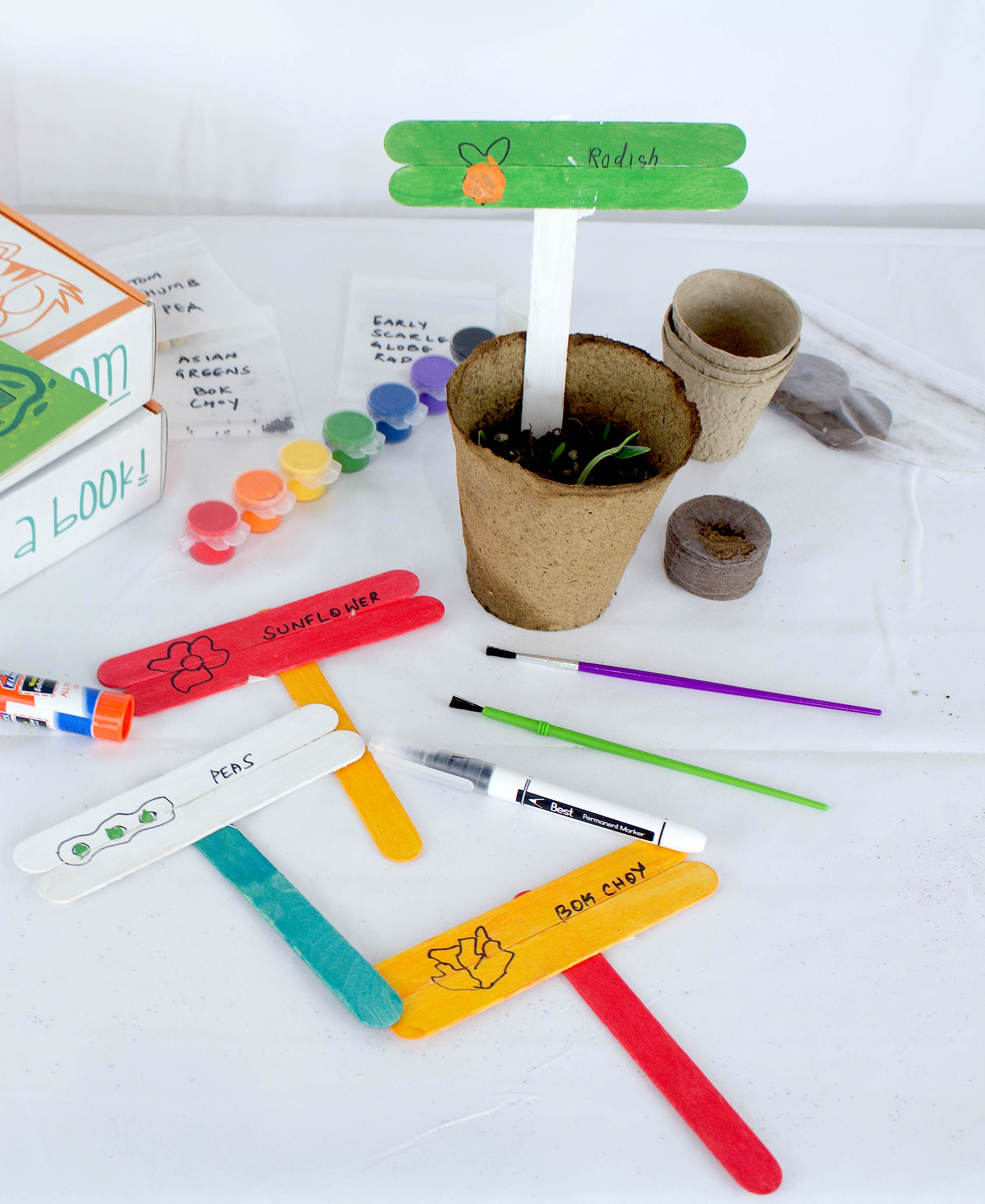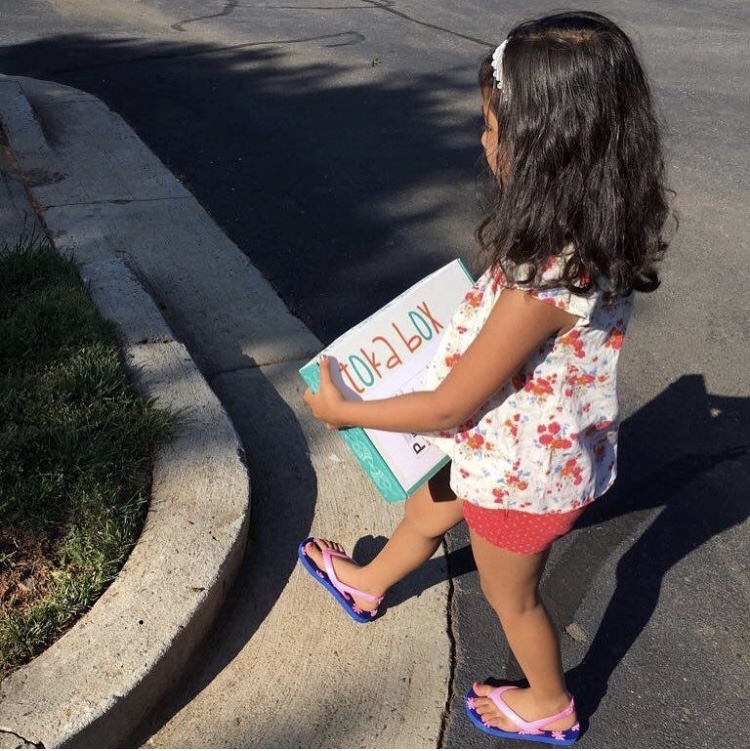
Toka Explorer Book Pick
The Ugly Vegetables by Grace Lin
The Ugly Vegetables shares timeless themes of community and diversity. A neighborhood comes together to share flowers and ugly vegetables soup, and the young gardener learns that regardless of appearances, everything has its own beauty and purpose. Complete with a guide to the Chinese pronunciation of the vegetables and the recipe for ugly vegetable soup!
Subscribe to Toka Explorer Gift a Box
Toka Explorer Activity
Grow Your Own Vegetables
Growing a vegetable garden can provide a rich environment for science activities - tracking the lifecycle of the plant from seed to fruit, observing and recording the stages of your plant in your tracker, discussing the parts of the plant that we eat - we eat the roots in radishes, the seeds of the sunflower and of course, the peas which are also seeds. Don’t forget to have discussions beyond the box on photosynthesis, pollination and of course, decomposition. Combine math with your garden project, count the plants, the leaves,the fruit and weigh the harvest!
Subscribe to Toka Explorer Gift a Box

